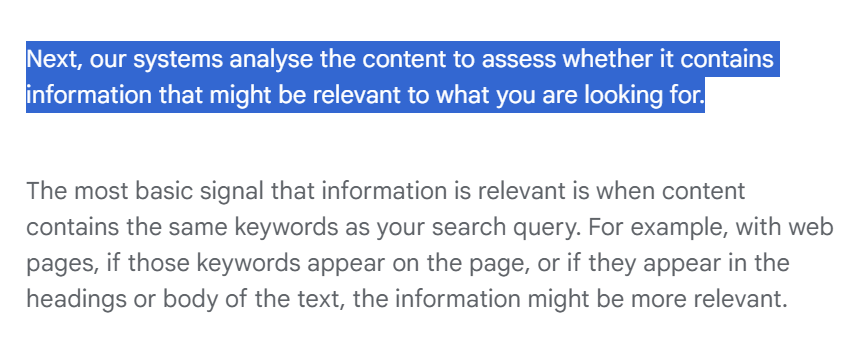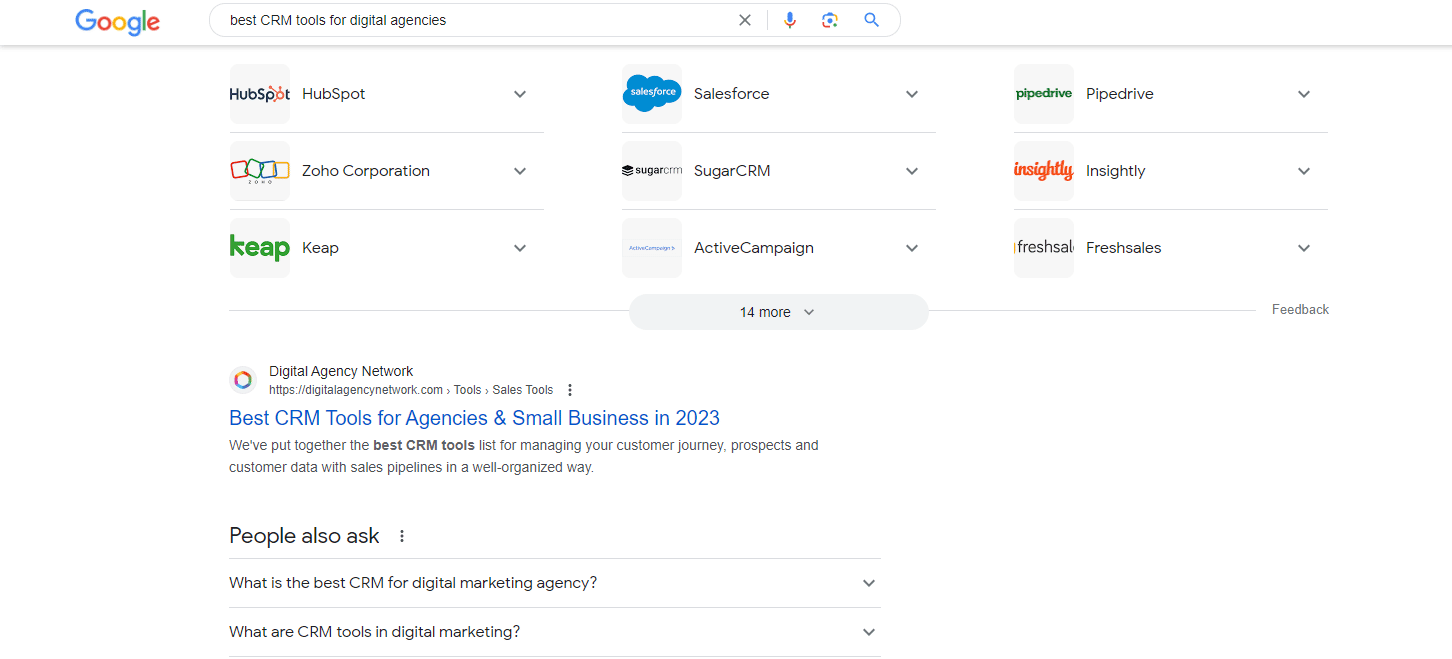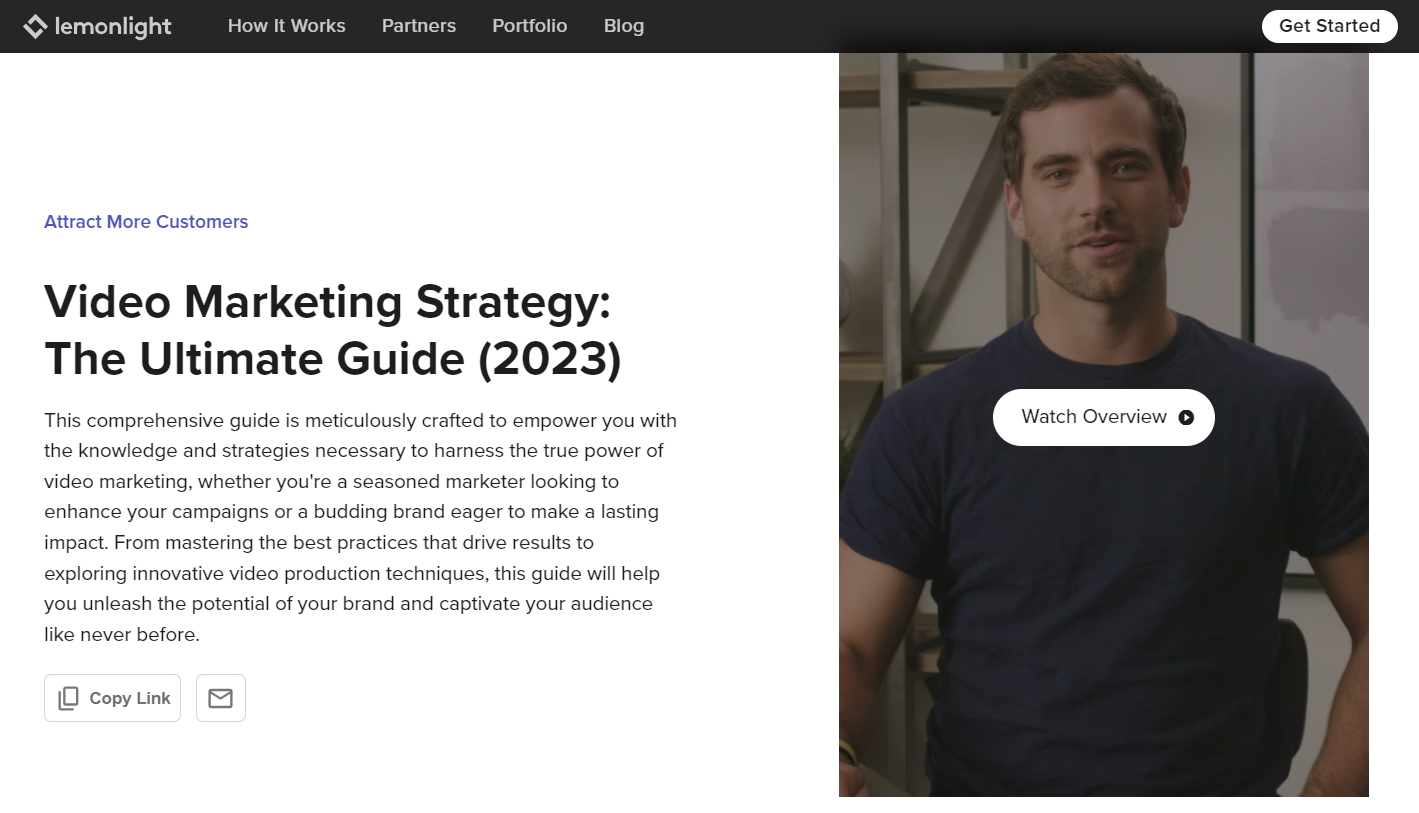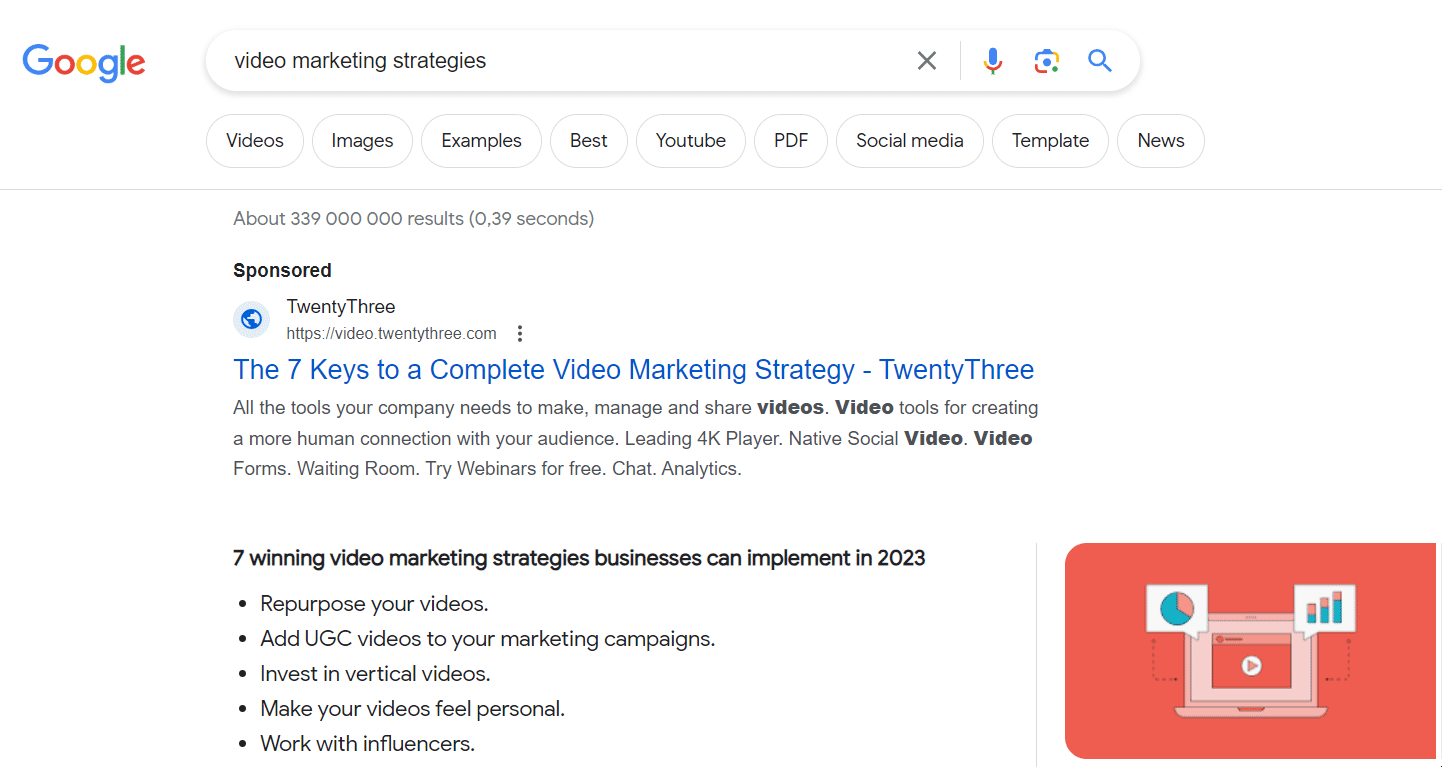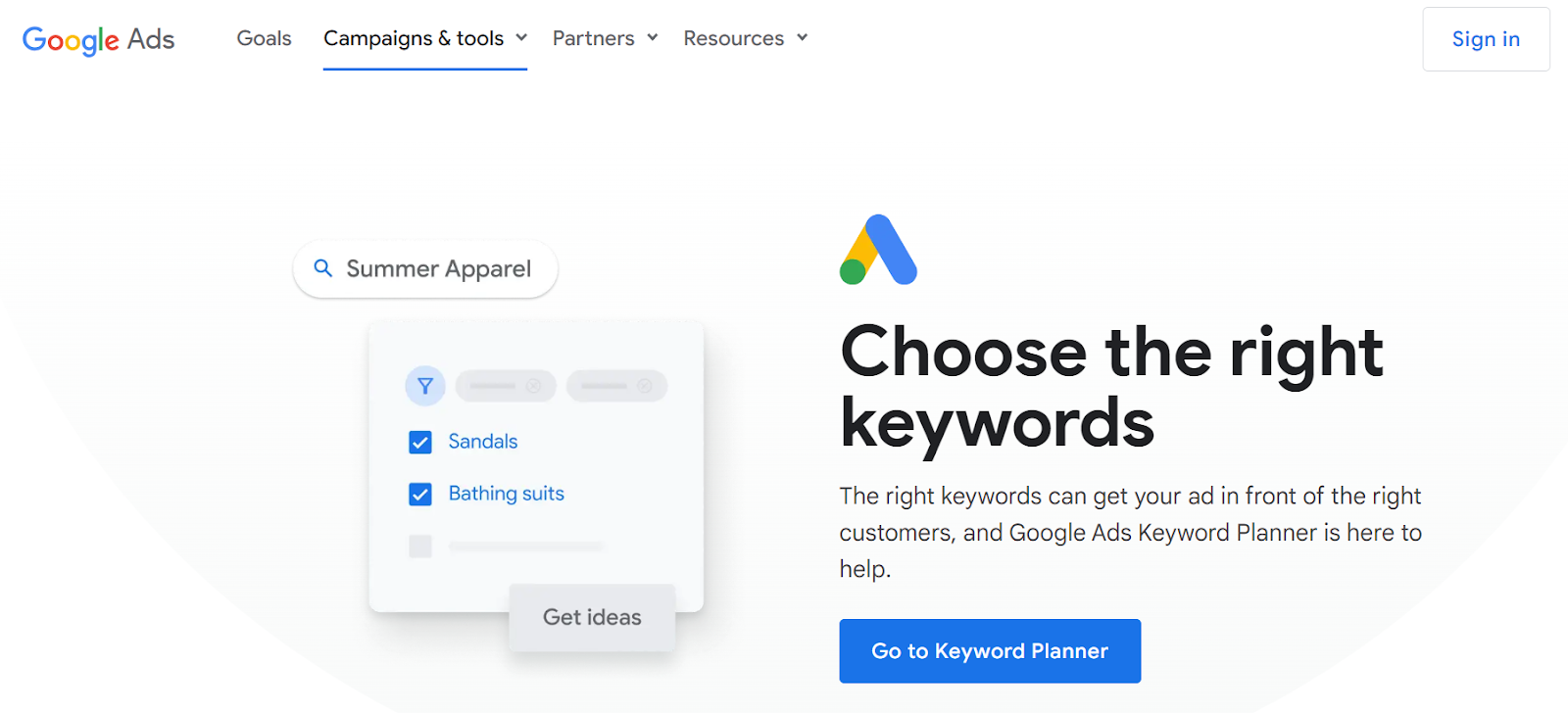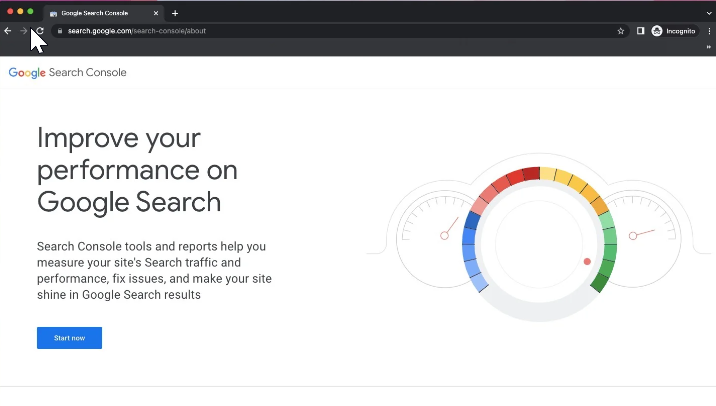The Ultimate Guide to Boosting Your Agency Site's Ranking in 2026

Team Fueler
19 Jun, 2024
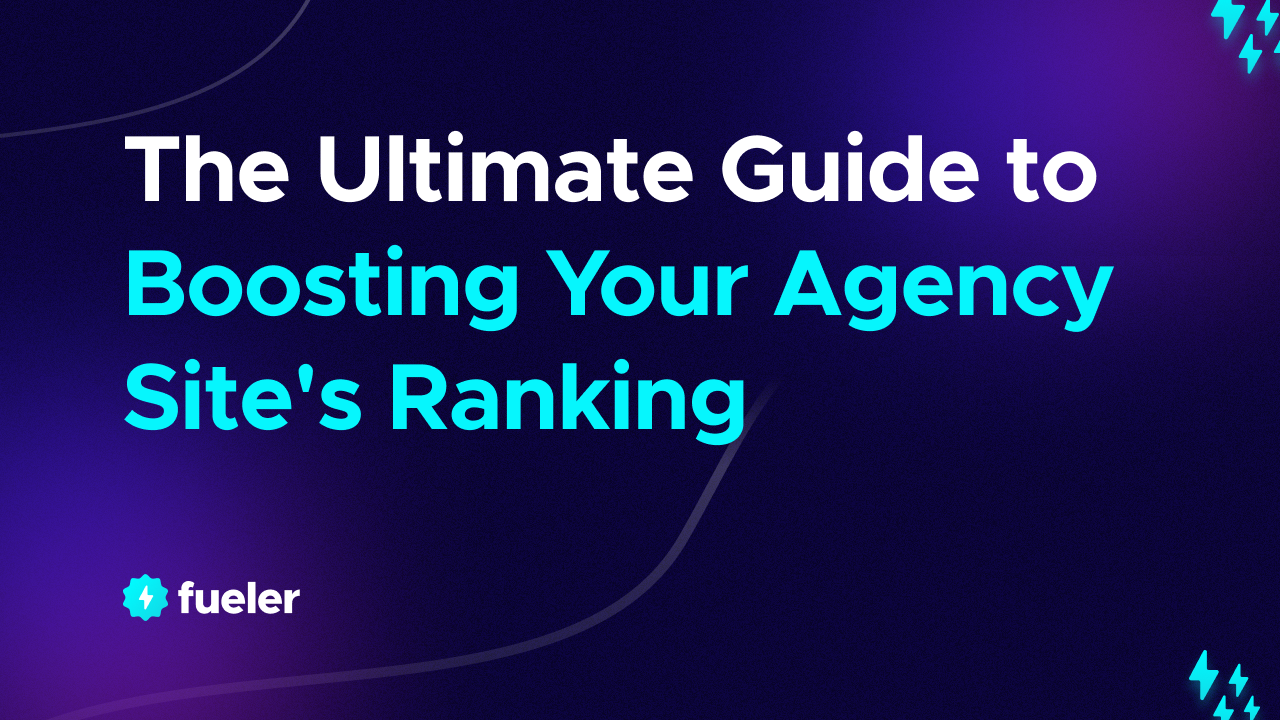
Has it ever baffled you why, despite your best efforts, your agency's website is banished to the purgatorial depths of page three while your competitors are enjoying front-row seats on the coveted page one?"
In a world addicted to the convenience of search engines, where 8.5 billion Google searches are fired off daily, the fight for prime slots on the SERPs (Search Engine Results Pages) is nothing short of fierce. Every downward shift in your website's rank equates to missed opportunities, with potential clients breezing past, oblivious to the brilliance your agency brings.
The good news is that you don't have to accept your website's current ranking as an unavoidable destiny. By getting familiar with ranking factors, tweaking your strategies, and utilizing the right tools such as a Google SERP API you can climb up the ladder and inch closer to the 'promised land' of page one.
In this guide, we'll dive deep into the intricacies of search engine ranking, shift through the noise to spotlight the most pivotal optimization strategies, and set you on a path toward SERP supremacy.
So, buckle up, and let's begin the ascent to the pinnacle of search engine results.
Understanding Ranking Factors
When it comes to search engines, there's Google, and then there's everyone else. While Bing, Yahoo, DuckDuckGo, and others have their niche audiences and specific strengths, none can hold a candle to the dominance of Google. As of January 2022, Google accounted for an astounding 91.9% of the search engine market share. So, when we refer to search engine optimization (SEO) in this guide, understand that we're primarily referring to Google's ranking system.
Now, to begin your ascent to the top of SERPs, you first need to understand the terrain, or in this case, the enigmatic algorithm that powers Google search. Google's core search algorithm is a proprietary blend of 200+ signals and factors, each weighing differently in importance and influence. And while Google is famously tight-lipped about the exact mechanics of its algorithm, online marketing sleuths have managed to crack some of its mysteries through diligent investigation and empirical testing. Some of the most prevalent factors include:
Content Relevance
Google's primary aim is to serve users with the most relevant information in response to their queries. If your website offers content that's closely related to a user's query, you'll stand a better chance of bagging a prime spot on the results page.
Content Quality
It's not just about serving any content. It has to be of the highest caliber. Google is a stickler for quality. The search giant takes cues from real human evaluators and sophisticated machine-learning models to prioritize content that demonstrates expertise, authoritativeness, and trustworthiness (commonly referred to as E-A-T).
Backlink Profile
Google's fondness for backlinks is rooted in its original PageRank algorithm. Backlinks, or incoming links from other websites, act as votes of confidence for your content. Sites that are recognized as trustworthy and relevant by Google can pass on some of that goodwill to your website through these links. To build a strong backlink profile, partnering with a SaaS link building agency can be an effective way to secure quality links that align with Google's ranking signals.
Physical Proximity
Especially crucial for local businesses, this ranking factor takes into account how close you are to the person searching. So, if someone in New York is on the hunt for the "best digital agencies," those right around the corner will naturally have an advantage.
Mobile-friendliness
The proliferation of mobile device usage has made it impossible for Google to ignore the mobile experience of websites. Effective mobile device management plays a crucial role in ensuring seamless functionality across various screen sizes. If your website fails to render correctly and efficiently on smaller screens, you can expect your rank to suffer accordingly
Security and HTTPS
Google's got a soft spot for websites that protect their users' data. If you've got that reassuring little HTTPS padlock in the address bar, it's a signal to Google that you're taking security seriously. This will help push up your website's credibility and, consequently, its ranking.
Website Performance
Google is known to prioritize websites that load quickly, provide smooth navigation, and remain visually stable as they load. The Core Web Vitals, introduced by Google, encapsulate these attributes and aim to provide a holistic gauge of the user experience on a webpage.
Just as there are actions that propel you upwards in rankings, there are also malpractices that can send your agency's site spiraling down into the pits of SERP oblivion. A few of those notorious culprits include:
Invasive Pop-ups
These pop-ups hamper a user's ability to immediately access the primary content on a webpage, especially on mobile devices. Google deems such interruptions detrimental to user experience and could penalize sites for abusing them. Ensure that your pop-ups (if you must use them) are non-intrusive and offer genuine value.
Keyword Stuffing
Remember the times when websites would sneakily cram a keyword into every nook and cranny of their website, hoping to dupe search engines? Google's on to this old trick and frowns upon such keyword overindulgence. A sprinkle of strategic keywording is still essential, but it's the context and natural flow that Google now cherishes.
Dodgy Backlinking
Resorting to questionable linking tactics like participating in shady link exchanges or spawning low-quality links can earn you a ticket to the search engine's naughty list. Google's sophisticated algorithms can detect these deceptive practices and penalize websites involved in these activities. Instead of that, try sustainable way of doing backlinking. You can also check backlink marketplace to search for relevent sources to not get penalized.
Steps to Elevate Your Agency Site's Ranking
Now that you know the terrain, it's time to get savvy about the strategies and tactics you'll need to break out of the SERP doldrums. Here's a checklist of actions you can do to help your agency site climb the SERP ladder:
#1: Conduct Keyword Research
A stupendous amount of keyword research is crucial for laying a solid foundation for any efforts aimed at improving SERPs. When searching for keywords, aim to find those that offer an optimal combination of all three of these criteria:
- Search Volume: Look for keywords that your audience is actively searching for. A high search volume indicates a demand for content around that topic.
- Keyword Difficulty: This helps you understand the competitiveness of the keyword. For a burgeoning site, targeting high-difficulty keywords right off the bat might not be the wisest choice. Instead, focus on the low-hanging fruits initially and then scale up.
- User Intent: This metric gauges the underlying motivation of users when they search for a specific keyword. Are they researching? Looking to purchase a product?
#2: Craft Effective Content:
The meatier part of your SEO efforts will be channeled into producing content that speaks to the needs of your audience while catering to the whims of the search engine. Here's how to master the art of crafting effective content:
A. Decipher Search Intent
Content relevance is intertwined with how well you can comprehend the search intent of your target keywords. A Drupal agency can guide you in structuring your content to meet both user intent and SEO requirements. Analyze the top search results for a given keyword and identify their common traits, then work those into your content:
- Content Type. What's the predominant content type – blog posts, product pages, videos, or landing pages?
- Content Format. Are they guides, listicles, news articles, opinion columns, or reviews?
- Content Angle. What is the primary narrative arc of the content? Does it cater to a specific audience?
For example, if you're aiming to rank for the keyword "best CRM tools for digital agencies," a glance at the SERPs reveals that most of the top-ranking articles are blog posts in a listicle format that detail reviews and comparisons of various CRM tools, specifically focusing on the most recent, up-to-date offerings for the year 2023.
Mimicking this format and angle will increase your chances of hitting the mark and aligning your content with what Google perceives as most relevant for the search term.
B. Comprehensive Coverage
Skimpy, surface-level content rarely manages to hold its own against comprehensive guides and in-depth articles that offer rich value to readers. To clinch a position on Google's first page, you'll need to go beyond pedantic content delivery and ensure that your piece covers the topic in its entirety. This will further reinforce Google's perception of your content as being most fitting for a user looking to satisfy their search query.
For example, if your agency specializes in video marketing and you're targeting the keyword "video marketing strategies," then you need to delve deep into each strategy, bolster it with relevant stats, and back it up with real-world examples to cement your content as the most comprehensive source for the topic.
Take a cue from Lemonlight's post on video marketing strategies. Their article is a masterclass in comprehensive coverage, peppered with real-world examples, best practices, and expert insights, making its position at the top of SERPs more than deserved.
C. Keep E-A-T in mind
Google employs a battalion of quality raters to check pages against their quality parameters. These quality assessors are specially trained to inspect pages for three key components, as per the latest Search Quality Guidelines:
- Expertise. Showcase your agency's skills, qualifications, and domain-specific knowledge. Provide insights that can only come from professionals who have been in the trenches.
- Authority. Highlight your agency's experience level and emphasize credentials that can reinforce it.
- Trustworthiness. Weave in trust signals such as transparent citations, proper credentials, and reliable sources to instill confidence in readers.
But what does E-A-T actually look like in practice? Here's a breakdown of how you can infuse E-A-T into your agency's website:
- Create a Detailed "About Us" Page. Fill this page with all the relevant information about your agency: your experience and qualifications, past projects, awards won, etc. This will go a long way towards promoting user confidence.
- Cite Reliable Sources. When presenting data or making claims, cite authoritative and trustworthy sources. This shows Google that your content is anchored in truth.
- Maintain an Updated Author Profiles. Including a detailed author bio with qualifications and relevant industry experiences can enhance the expertise quotient of your content.
- Incorporate Trust Badges. If you're affiliated with recognized industry bodies or have earned noteworthy certifications, prominently display these badges on your site. This is an instant credibility booster in the eyes of both visitors and search engines.
D. Make it Original
Exemplary content doesn't merely regurgitate facts. It adds to the discourse by introducing fresh perspectives, groundbreaking data, bespoke media, and novel examples. Google is no stranger to plagiarism, and it has several sophisticated algorithms in place to detect copied content. And while there's merit in drawing inspiration from the champions of your industry, always be wary of the thin line between inspiration and imitation.
E. Update Regularly
Google is notorious for favoring fresh content over stale pages. Ensuring that your content is regularly updated and refreshed provides additional impetus for Google to include your pages in the top search results and helps keep them there. Adding new sections, supplementing existing information with recent stats, or completely revamping existing content are all great ways to stay fresh in Google's eyes.
F. Optimize for Readability
No matter how comprehensively you cover a topic, if your content is unreadable, it won't be of much help. Google's focus on user experience means that digestible, easy-to-read pages take precedence over those that are not optimized for quick consumption. Here's a list of quick optimization tips to make sure your content scores big with both readers and search engines:
- Break up the Text. Use headers, subheaders, bullet points, and bolded phrases to organize your content and make it visually appealing.
- Use Short Sentences and Paragraphs. Long-winded sentences can quickly bore readers. Aim for clarity and simplicity.
- Use Images and Graphics: Visual elements not only break up the monotony of text but also aid comprehension by illustrating complex concepts.
- Ensure a Logical Flow. Your content should unfold in a logical sequence, making it easy for readers to follow your train of thought.
- Mind the Vocabulary: While showcasing expertise is important, avoid excessive jargon. Your aim is to educate and inform, not to confuse.
#3: Master the Technical Mechanics
At this juncture, you've got killer content brimming with originality, relevance, and quality. Now, it's time to ensure the technical aspects of your site don't pull you down in the ranking race. Some simple technical optimization tactics that can help make sure Google has no issues crawling and indexing your agency's website include:
- Boosting Site Speed. Sites that dawdle in loading pages can frustrate users, leading to high bounce rates and signaling to Google that your site offers a subpar user experience. Ensure your site is optimized for speed by compressing and optimizing images, limiting redirects, minifying CSS, and leveraging caching if necessary.
- Rectifying Common Site Issues. Your site might look pristine on the surface, but what about the lurking issues beneath? Issues like duplicate content, broken links, improper redirects, and HTTP issues can act as anchors, dragging your site down. Conduct a comprehensive technical SEO audit to identify and fix these sneaky saboteurs.
- Embrace Mobile Responsiveness. An overwhelming majority of web searches are now conducted on smartphones and other devices, making it imperative that your site is optimized for smaller screens. Get into the habit of testing your site on multiple devices, and leverage Google's Mobile-Friendly test to rectify any issues in the mobile version of your site.
- Leverage Schema Markup. Schema Markup is a type of microdata that helps search engines better understand the content on your pages, making it easier for them to appear in relevant searches. Implementing Schema markup can also help you earn coveted rich snippets that make your pages more visible and attractive to searchers.
#4: Other Strategies for Succeeding in the Rankings:
While the strategies we've covered till now are fundamental and non-negotiable for success, the ones that follow serve as added ammunition to further bolster your agency's presence on the web. Consider using white label SEO services to scale your offerings without building an in-house team. This allows agencies to deliver expert-level SEO under their own brand while focusing on core business tasks.
Optimize for Local SEO
If your business operates in a specific geographic area, optimizing for local search is one of the best ways to ensure you show up when people look for businesses near them. Google My Business (GMB) is your primary tool here. Ensure that your GMB listing is complete, accurate, and optimized.
Engage in High-Quality Link Building
The emphasis here is on 'high quality.' While the quantity of links pointing back to your site matters, the source and quality of those links are the real drivers of success. Engage in genuine outreach, guest posting on reputable sites, and collaborative content projects within your SaaS marketing budget. Avoid any strategies that smell of black-hat SEO.
Stay Updated with Trends and Algorithm Updates
Search engine algorithms are constantly evolving, with new updates rolling out every so often. Keeping up with the latest changes is vital to staying ahead of your competition and ensuring your content remains in good standing with Google.
#5: Tracking and Presenting Your SEO Progress
After implementing your SEO strategies, it's essential to monitor and measure the impact of your efforts. Using an SEO rank tracker can help you systematically monitor changes in your keyword rankings, spot emerging trends, and identify areas where further optimization is needed
This involves regularly keeping tabs on your website's performance metrics, organic traffic, and SERP rankings (depending on the SEO tools that you use). More importantly, if you're an agency handling SEO for multiple clients or looking to convey your success to stakeholders, presenting your findings in a clear, visual, and compelling manner is crucial.
With accurate reporting and eye-catching presentations, you can fine-tune your strategies based on data-driven insights and validate the importance of SEO to your clients or internal teams.
Tools to Power Up Your SEO Efforts
In the relentless race to the pinnacle of SERPs, your agency needs more than just savvy strategies and stellar content. Here's a look at some of the most potent tools that can bolster your agency's climb up the virtual Everest:
Keyword Researchers and SEO Suites
While basic keyword research can be done manually by analyzing search engine auto-complete suggestions, there are several tools that can help you extrapolate more granular data. You can begin with Google's Keyword Planner—a no-cost ally that helps you get additional insights on keywords and phrases.
But SEO is about more than keywords. Website optimization tools like Google PageSpeed Insights and GTmetrix can help you improve your site's performance by analyzing factors such as page load times, mobile usability, and other technical elements that influence rankings. These tools ensure your website aligns with search engines' technical requirements while enhancing user experience.
Want more firepower? Platforms like SEMrush, SEOblity, or Moz pack a heavy punch, delivering everything from thorough content audits to in-depth competitor intelligence. You can test-drive these powerful tools with complimentary trials or explore their free services, like SEOblity's backlink checker and Moz's competitor analysis, to truly understand the muscle they flex. Then, decide which tool aligns best with your agency's ambitions and budget.
Resource Management Tools
Between managing client campaigns, keeping up with industry changes, and ensuring your own agency's website shines, things can get pretty hectic. The last thing you want is for your team to get tangled in administrative quagmires, sapping energy that could be channeled into creative efforts. This is where resource management suites like Resource Guru or Float come in handy. These tools aren't just about stacking tasks; they're about optimizing your human chess pieces to their fullest potential.
And hey, if splurging on premium resource management software isn't in your budget this quarter, don't worry. There are free timesheet templates to get you started. In fact, even ResourceGuru generously offers complimentary timesheet templates, giving you a sneak peek into its operational wizardry without burning a hole in your budget.
SEO Auditors
Think of these tools as your website's investigator, identifying everything from glaring issues to the nitty-gritty details. At the helm is Google Search Console, the equivalent of your site's own doctor, dispensing vital health checks straight from the tech giant's own laboratories. If you're in the SEO arena and mean business, skipping out on this tool isn't an option.
And for those who crave a deeper dive into their digital underbelly, there are platforms like Screaming Frog and its many alternatives. They provide advanced probing powers needed to unearth even the most elusive problems that could be subtly sabotaging your site's performance.
Website Screenshotting Tools
To maintain your rankings and reign, monitoring your domain isn't enough—keep a keen eye on your competitors' moves. This is where website screenshotting tools come into play. They enable you to capture and compare the fortifications of rival domains in real time.
But before you enlist any website screenshotting API or tool, do your due diligence—sleuth around, compare tool feature lists, and perhaps take a few for a test drive. This ensures you're not just adding another trinket to your utility belt but a strategic ace that truly fits your unique SEO strategy plans.
QR Codes
QR Codes, those nifty matrices known for their quick response magic, have evolved into a potent tool for boosting SEO efforts. Using The QR code generator, you can create codes that bridge directly to your website, leveraging every conceivable marketing front from neon-lit billboards to quaint café flyers—to funnel more organic traffic your way.
Now, you could settle for any old QR code zapped up by a dime-a-dozen generator, or you could amp up your game with specialized tools like Uniqode to create customized and interactive codes that can be tracked and monitored. But make sure to use reliable QR tools only. How long do QR codes last? In most cases, QR codes never expire. Static codes can remain scannable for years as long as the printed surface stays intact, while dynamic codes stay active as long as the URL or platform powering them remains available. After all, you wouldn't want a shoddy QR code to sully your painstakingly crafted strategies by compromising their data security.
Catapult Your Agency's Site to the Top
The road to the summit of SERPs isn't an easy one, but with the right knowledge, tools, and strategies, the view from the top is attainable. By understanding Google's ranking factors and continuously adapting your approach, you can ensure that your agency's website stands out in a crowded digital landscape. So, confidently embark on this SEO journey and watch as opportunities unfold at every turn.
About Fueler:
Fueler is a career portfolio platform that helps companies find the best talents for their organization based on their proof of work.
You can create your portfolio on Fueler, thousands of freelancers around the use Fueler to create their professional-looking portfolios and become financially independent. Discover inspiration for your portfolio
Sign up for free on Fueler or get in touch to learn more.
